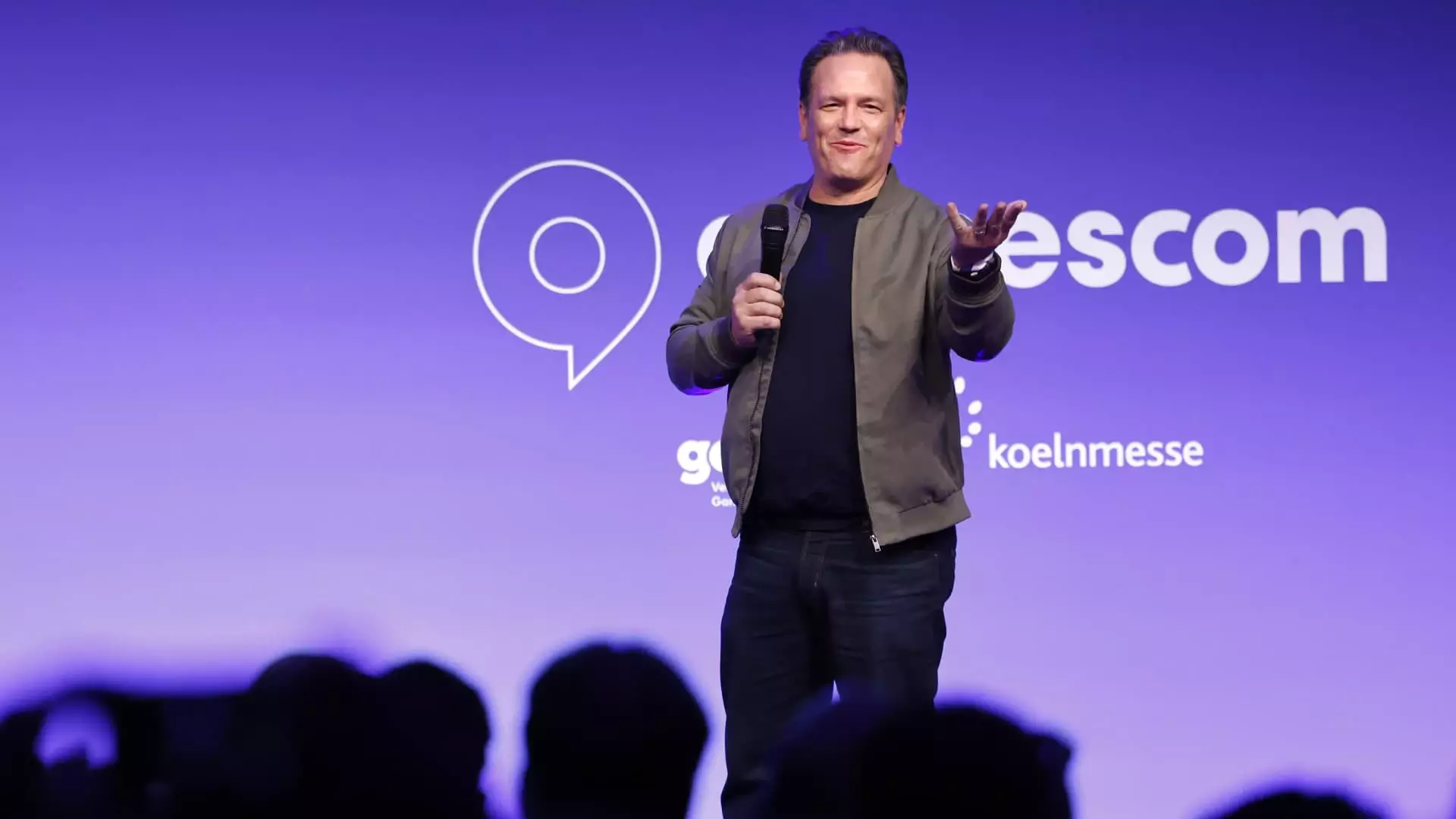In a landmark decision poised to transform the landscape of mobile gaming, Microsoft announced on Thursday that it will soon allow users to purchase and play video games directly through its Xbox app on Android devices, beginning in November. This strategic move directly stems from a recent U.S. court ruling, which mandates that Google must facilitate alternatives to its Google Play app store on Android platforms. The case, brought forth by Epic Games—known for its hugely popular game Fortnite—ultimately concluded in a favorable outcome for players and developers alike, paving the way for more competitive practices in the mobile marketplace.
The court’s decision represents a significant shift in the control exerted by tech giants over their respective platforms. As outlined by Sarah Bond, president of Microsoft’s Xbox gaming division, this advancement is expected to enhance choice and flexibility for consumers. By allowing Android users to purchase Xbox games directly from the app, Microsoft sidesteps the need to share revenue from in-app purchases with Google, thereby retaining more profit from mobile sales. This profit retention could accelerate Microsoft’s growth in the competitive mobile gaming sector, thereby challenging established players like Google and Apple.
Microsoft’s foray into mobile gaming reflects a broader strategy to capitalize on the growing demand for gaming on mobile devices. This need for expansion became especially apparent following the company’s protracted antitrust battles with the U.S. Justice Department, which highlighted Microsoft’s delayed entrance into the mobile app market, compared to competitors like Google and Meta Platforms (Facebook’s parent company). As evident from Phil Spencer’s remarks during last year’s court hearing regarding the controversial acquisition of Activision Blizzard, capturing a share of the mobile gaming market is essential for the future relevance of Microsoft’s Xbox division.
The Future of Mobile Gaming and Microsoft’s Position
With the recent completion of the Activision acquisition for a staggering $75.4 billion, Microsoft is now better positioned to roll out its gaming offerings on mobile platforms. However, Bond’s announcement did not extend to any offerings for Apple’s iOS devices, leaving questions about Microsoft’s future plans in that arena. Meanwhile, the ongoing antitrust investigations against Apple serve as a backdrop to the potential future of app distribution on iOS. Currently, users with Game Pass Ultimate subscriptions are limited to gaming via web browsers on their Apple devices, which is a less than optimal experience compared to the offerings on Android.
Microsoft’s announcement signals a new chapter in the interplay between gaming and mobile technology, presenting exciting prospects for players and developers. While the immediate implications of this move are clear, the long-term impact on Microsoft’s competitive positioning against Apple and Google remains uncertain. As the gaming world continues to evolve, Microsoft must tread carefully to navigate the challenges of licensing, revenue sharing, and platform restrictions that define the mobile landscape. Yet, this recent bold step may just grant Microsoft the competitive edge it has sought in the rapidly changing world of mobile gaming.

